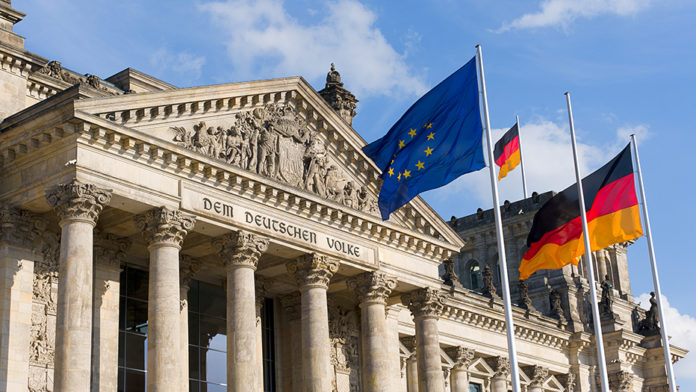New orders from German factories registered a fall last November of 1.3%, compared to the previous month, when they had increased 0.2%, according to data published by the federal statistical office, Destatis, which means the largest decline in the industrial order book since last July and cools the recovery expectations of the ‘European locomotive’.
Domestic orders increased by 1.6% in November, while orders from outside Germany fell 3.1% compared to the previous month. Of these, new orders in the euro zone fell 3.3% per month and those in other countries decreased 2.8%.
In the penultimate month of 2019, intermediate goods manufacturers indicated that new orders increased 0.2% compared to October, while capital goods orders fell 2.1%. In the case of new orders for consumer goods there were no variations compared to the previous month.
Compared to November 2018, new orders from German factories registered a year-on-year fall of 6.5%, aggravating the 5.6% decrease recorded in October. Last week, the purchasing managers index (PMI) of the German manufacturing sector showed a worsening of the recession affecting the sector during last December, when the PMI index fell to 43.7 points from 44.1 November, below the average of the last year.
“Germany’s manufacturing sector closed 2019 with a weak performance and remains a thorn in the side of the economy,” said Phil Smith, an economist at IHS Markit.
Germany managed to avoid the recession in the third quarter of 2019, when its GDP grew by 0.1%, after having fallen by 0.2% between the months of April and June.
In this regard, the Bundesbank estimates a modest GDP expansion of 0.5% in 2019 and 0.6% in 2020, which will accelerate to 1.4% in 2021 and 2022.





